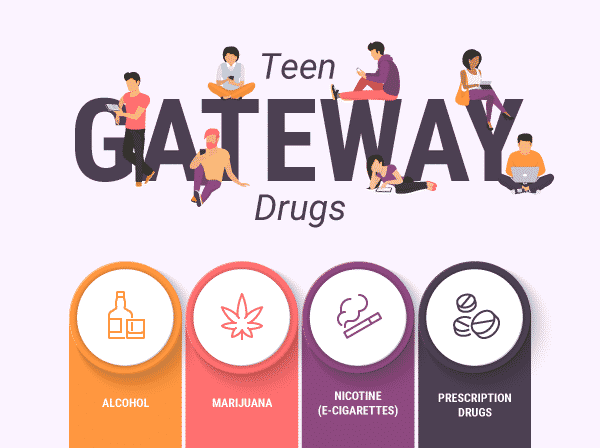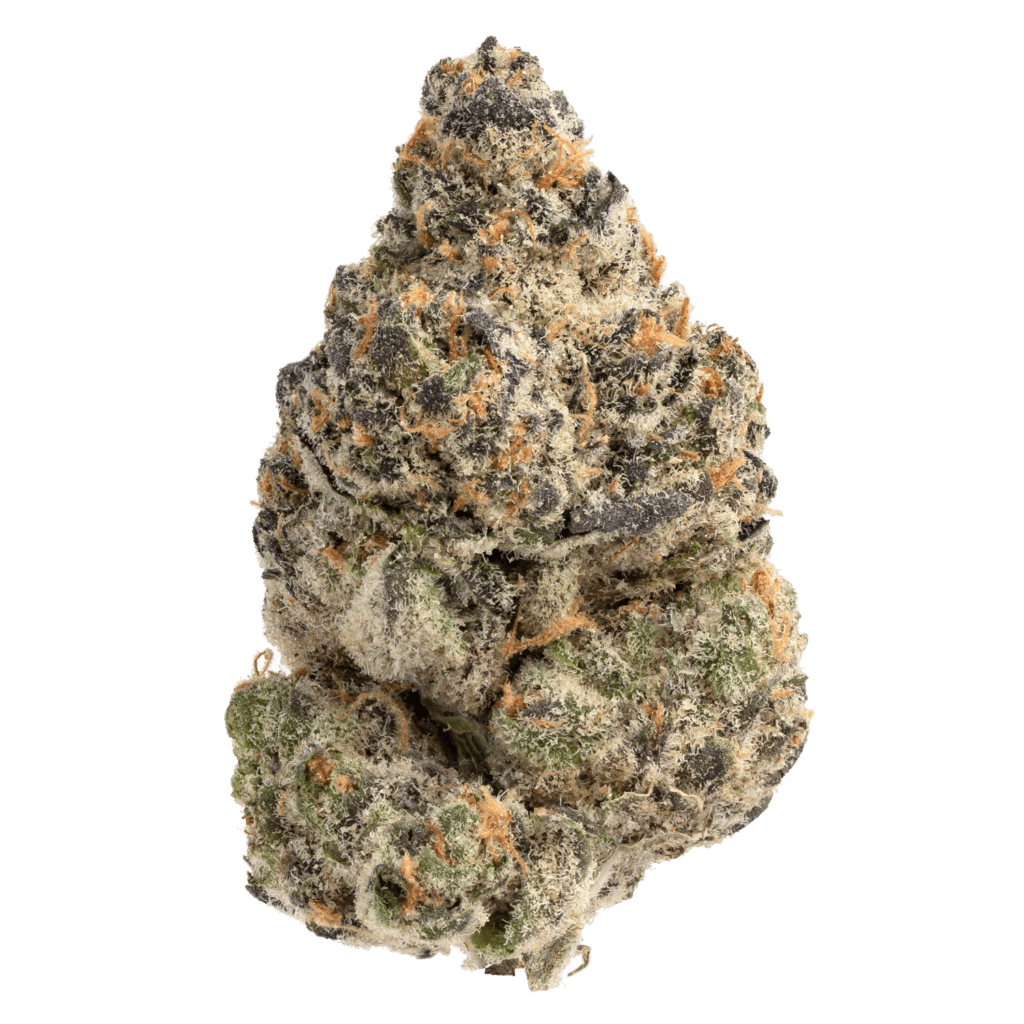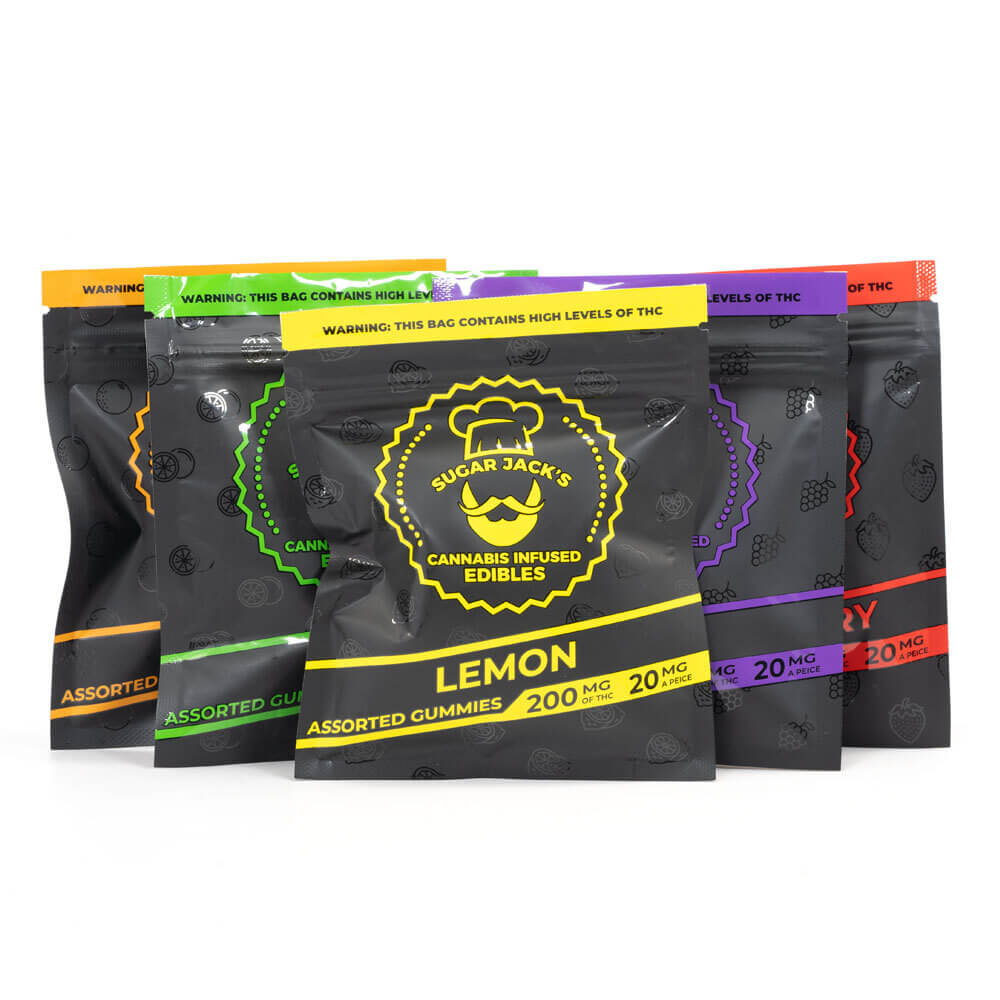No products in the cart.
What is a Gateway Drug?
17 Apr 2023

What is a “gateway drug”? This term has been used for decades to describe a substance that supposedly leads to the use of harder drugs. For many years, marijuana has been considered a gateway drug. With people believing that it leads to the use of harder drugs like cocaine, heroin, and methamphetamine. However, recent research is challenging this theory, suggesting that marijuana is not a gateway drug.
In this article, we will explore the concept of gateway drugs, the history of the gateway drug theory. As well as, the truth about marijuana as a gateway drug. We will also discuss the real gateway drugs and their harmful effects, as well as prevention strategies for gateway drug use.
Definition of a Gateway Drug
A gateway drug is a substance that leads to the use of more dangerous drugs. The idea behind this theory is that using a less harmful substance like marijuana will make it more likely for a person to try harder drugs like cocaine or heroin.
The theory of gateway drugs has been around for many years. This has been used to justify the criminalization of marijuana and other drugs. However, recent research has challenged this theory, suggesting that marijuana is not a gateway drug and that other factors. Such as social and economic factors, are more likely to lead to drug use.

History of the Gateway Drug Theory
The concept of gateway drugs was first introduced in the 1930s by the American psychiatrist Dr. H. J. Anslinger. Anslinger was a strong advocate for the criminalization of marijuana and used the gateway drug theory to support his arguments.
In the 1970s, the gateway drug theory gained popularity with the release of a report by the National Commission on Marijuana and Drug Abuse. The report suggested that marijuana was a gateway drug and that its use could lead to the use of harder drugs.
Since then, the gateway drug theory has been widely accepted by many people, including politicians and law enforcement agencies. However, recent research has challenged this theory, suggesting that the gateway drug theory is based on flawed assumptions and that other factors are more likely to lead to drug use.
Debunking the Myth of Weed as a Gateway Drug
One of the most common misconceptions about marijuana is that it is a gateway drug. However, recent research has challenged this theory, suggesting that marijuana is not a gateway drug and that other factors are more likely to lead to drug use.
According to a study published in the Journal of School Health, the use of marijuana does not increase the likelihood of using other drugs. The study found that the use of alcohol and tobacco was a stronger predictor of drug use than the use of marijuana.
Another study published in the Journal of Addiction Medicine found that there was no evidence to support the idea that marijuana use leads to the use of harder drugs. The study suggested that the gateway drug theory is based on flawed assumptions and that other factors, such as social and economic factors, are more likely to lead to drug use.
Studies and Research on Gateway Drugs
There have been many studies and research on the concept of gateway drugs. With some supporting the theory and others challenging it. One of the most famous studies on gateway drugs was conducted by the National Institute on Drug Abuse in the 1980s.
The study, which followed over 3000 high school students for four years. This study, found that those who used marijuana were more likely to use other drugs than those who did not use marijuana. However, the study did not take into account other factors that could lead to drug use, such as social and economic factors.
More recent studies have challenged the gateway drug theory, suggesting that other factors are more likely to lead to drug use. For example, a study published in the Journal of Adolescent Health found that social and economic factors were stronger predictors of drug use than the use of marijuana.

Common Misconceptions about Gateway Drugs
One of the most common misconceptions about gateway drugs is that they are the cause of drug addiction. However, recent research has challenged this idea, suggesting that drug addiction is a complex issue that is influenced by many factors.
Another common misconception about gateway drugs is that they are all illegal substances. However, alcohol and tobacco are also considered gateway drugs, as they are legal substances that are widely used and can lead to drug use.
The Real Gateway Drugs: Alcohol and Tobacco
While marijuana has been widely considered a gateway drug, alcohol and tobacco are the real gateway drugs. According to the National Institute on Drug Abuse. The majority of people who use harder drugs like cocaine and heroin started with alcohol and tobacco.
Both alcohol and tobacco are legal substances that are widely used and accepted in our society. However, they are also highly addictive and can lead to the use of other drugs.
Harmful Effects of Alcohol and Tobacco
Alcohol and tobacco are not only gateway drugs but also have many harmful effects on the body. Alcohol is a depressant that can impair judgment, coordination, and motor skills. It can also lead to liver damage, heart disease, and cancer.
Tobacco, on the other hand, is a stimulant that can cause lung cancer, heart disease, and other health problems. It is also highly addictive and can be difficult to quit.

Prevention Strategies for Gateway Drug Use
Preventing gateway drug use requires a multi-pronged approach that addresses the root causes of drug use. This includes addressing social and economic factors. Providing education and prevention programs, and implementing policies that discourage drug use.
One effective prevention strategy is to provide education and prevention programs in schools and communities. These programs can teach young people about the dangers of drug use and provide them with the skills and knowledge they need to make healthy choices.
Another effective prevention strategy is to implement policies that discourage drug use. This can include laws and regulations that restrict the availability of drugs, as well as policies that provide support and treatment for those who are struggling with drug addiction.
Conclusion: Understanding the Truth about Gateway Drugs
In conclusion, the concept of gateway drugs has been around for many years. With marijuana being considered the most popular gateway drug. However, recent research has challenged this theory. Suggesting that other factors, such as social and economic factors, are more likely to lead to drug use.
Alcohol and tobacco are the real gateway drugs and have many harmful effects on the body. Preventing gateway drug use requires a multi-pronged approach that addresses the root causes of drug use. This provides education and prevention programs, and implements policies that discourage drug use.
By understanding the truth about gateway drugs. We can work towards preventing drug addiction and promoting healthier communities.





